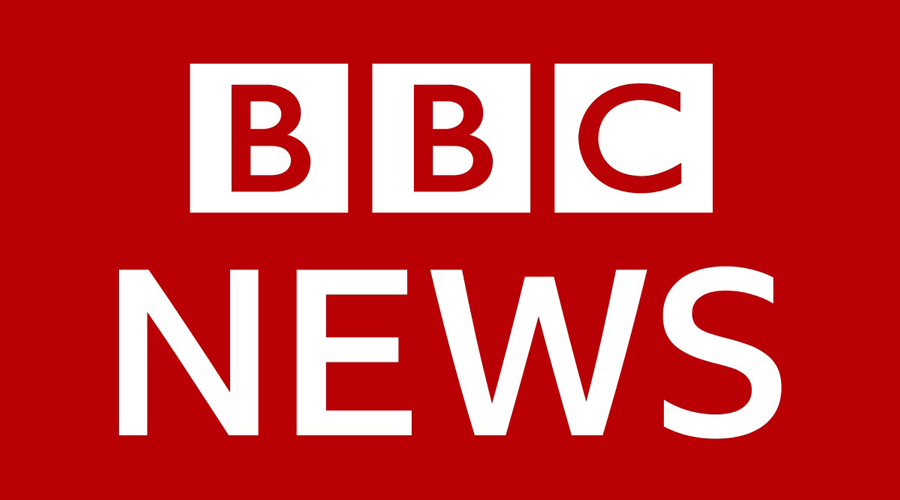China has decided to ban the BBC’s World News television channel, a week after Britain stripped Beijing’s state broadcaster — China Global Television Network — of its licence in Britain.
India will be closely monitoring and analysing the consequences of the steady deterioration in UK-China relations.
This apparent tat-for-tat should not be seen in isolation but in the broader context of the much tougher policy towards China that is being adopted jointly by the British Prime Minister Boris Johnson and US President Joe Biden.
According to foreign policy experts in London, this does not necessarily mean China will prove more accommodating in its border dispute with India.
Reacting to China’s decision, the British foreign secretary Dominic Raab said on Thursday: “China’s decision to ban BBC World News in mainland China is an unacceptable curtailing of media freedom.
“China has some of the most severe restrictions on media and Internet freedoms across the globe, and this latest step will only damage China’s reputation in the eyes of the world.”
Showing there is coordination between London and Washington, Ned Price, the US state department spokesperson, said America condemned China’s decision: “It’s troubling that as the PRC (People’s Republic of China) restricts outlets and platforms from operating freely in China, Beijing’s leaders use free and open media environments overseas.”
China’s National Radio and Television Administration claimed BBC reports had “violated requirements that news should be truthful and fair”, harming the country’s interests and undermining national unity.
The statement concluded that BBC World News had failed to meet requirements to broadcast in China and would be taken off air, adding that its application for a broadcasting licence next year would not be approved.
Radio Television Hong Kong, the territory’s public broadcaster, said it would also drop its evening broadcasts of BBC World News.
The BBC responded: “We are disappointed that the Chinese authorities have decided to take this course of action. The BBC is the world’s most trusted international news broadcaster and reports on stories from around the world fairly, impartially and without fear or favour.”
The Financial Times pointed out that “Beijing has recently accused the BBC of reporting ‘fake news’ on matters such as China’s response to the pandemic and its treatment of Muslim Uighurs in Xinjiang, but the short note from the Chinese government did not specify which broadcasts had violated its rules.
“China has previously responded to scrutiny of its media outlets in Washington by expelling journalists from US media groups, which had prompted concern that it would target BBC reporters in the country. BBC insiders said Beijing had not yet moved to expel its journalists from the country.
“The spat has heightened tensions between China and the UK, which has criticised Beijing for its crackdown on Hong Kong’s pro-democracy movement.”
Ofcom, the UK’s media watchdog, revoked China Global Television Network’s licence to broadcast in the UK after an investigation found it was editorially controlled by the Chinese Communist party, contradicting the regulator’s rules.
According to the BBC, “relations between China and the UK have seen a serious deterioration in recent months over Hong Kong.
“In January the UK introduced a new visa that gives 5.4 million Hong Kong residents the right to live in the UK and eventually become citizens because it believes China is undermining the territory’s rights and freedoms.”
The Chinese government has accused the UK of “brutal meddling” in its domestic affairs.
A spokesman for the Chinese embassy in London said the passports offer meant the UK was breaking its own promises, as well as international laws.
“The UK government keeps making irresponsible remarks on Hong Kong affairs,” ambassador Liu Xiaoming said. “We want to be your friend. We want to be your partner. But if you want to make China a hostile country, you will have to bear the consequences.”
In contrast to India, the UK government has ordered the removal of all Huawei kit from 5G networks by 2027. It will also ban mobile providers from buying new Huawei 5G equipment. Fears have been expressed that Huawei takes its orders from the Chinese government and could compromise the UK’s security.











